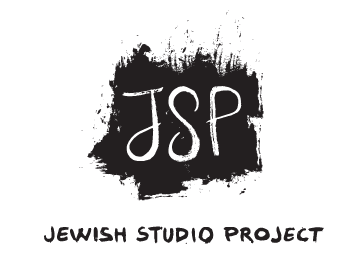The liturgical poem “Dayenu” holds an important place in the Passover Seder, yet its recitation is often rushed on the way to the meal that follows. Framed by the rhetorical question “How much goodness has G-d bestowed upon us?”, Dayenu parses Jewish history from being taken out of Egypt through the building of the temple, pausing at different stages along the way to express gratitude for G-d’s beneficence. The chorus consists of one word, dayenu, an expression of contentment, as if to say about whatever event is being recalled that it would have been enough…but wait, there’s more!
In this way, Dayenu models the practice of expressing gratitude throughout the journey and not just at the destination. Typically, we say something is “enough” when it has reached a certain threshold, and only then do we express gratitude. Dayenu reminds us that contentment is a moving target, and that we would be well-served to decouple it from gratitude. Even when considering the blessing “who has not made me a slave,” we have an opportunity to give gratitude for all of the steps along the way that helped us to become more free.
In this activity with Jewish Studio Project, we dive into a quick creative practice to reveal our own sense of “enoughness.”

We are grateful to Jewish Studio Project for contributing this activity.
